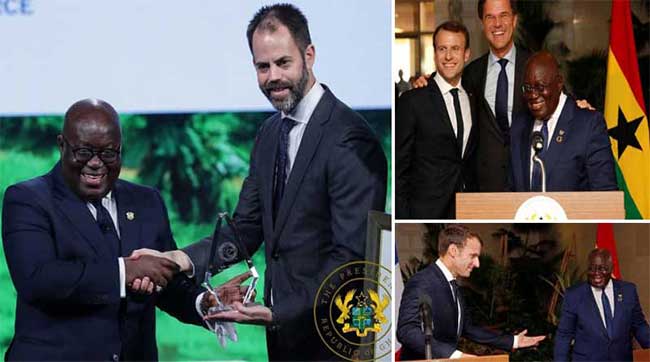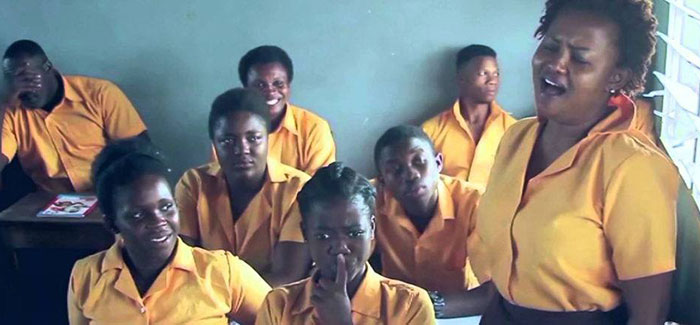Politics

- Wajaja King
- Category: Politics
- Wednesday, 25 October 2017 11:21
IMF raises red flag alert about Akufo-Addo govt’s underperformance revenue...
The International Monetary Fund (IMF) has raised issues about the country’s revenue underperformance and asked the government to streamline its policies on tax incentives.
In a statement to the Daily Graphic, the IMF said revenue administration measures had been insufficient to boost revenue collection so far, and that revenue underperformance remained a big challenge to the country’s economic recovery effort.
The IMF has consequently asked the government to not only strengthen its revenue administration but also implement measures to broaden the tax base by streamlining its policies on tax expenditures, incentives, exemptions and holidays.
“We hope that the review of tax expenditures initiated will provide a good basis for developing a clear and time-bound action plan,” the IMF said.
There have been concerns that the government will miss its growth targets due to revenue shortfalls and an IMF forecast of 5.9 per cent gross domestic product (GDP) growth.
This is because provisional fiscal data for the first seven months of the year show that total revenue and grants amounted to GH¢20.8 billion, which is 10.3 per cent of GDP, compared with a target of GH¢24.0 billion or 11.3 per cent of GDP.
Revenue and expenditure mismatch
Again, the total expenditures and arrears clearance stand at GH¢28.8 billion, which is 14.3 per cent of GDP, against a target of GH¢32.3 billion, which is also 16.0 per cent of GDP.
The revenue performance has been undermined by low import levels, a slower pace of implementing specific tax measures, revision to tax assessments and a sluggish non-oil real sector.
Tax worries
The worry is that the government abolished some taxes at the beginning of the year and is yet to find innovative ways to re-introduce tax nets and bring in more revenue.
Among the numerous fiscal economic interventions promised and being implemented by the government is the reduction in taxes to ease the high cost of doing business in the country.
Taxes such as the 17.5 per cent Value Added Tax (VAT) on financial services and domestic air tickets were scrapped, while corporate income tax was reduced from 25 to 20 per cent.
The country’s growth last year slumped to an estimated 3.6 per cent, the lowest level in decades, as an economy that until 2014 was one of Africa’s most dynamic struggled to overcome the impact of lower prices for its gold and oil exports and contained fiscal problems.
However the Director of the African Department at the IMF, Mr Abebe Aemro Selassie, said there still remained more fiscal reforms that needed to be done this year for Ghana to leapfrog.
“I think some fiscal reforms are needed in Ghana to be able to reach the level I think that's going to be necessary, so we look forward to working in the coming months with the government,” he said.
The deficit was a sign of the country’ struggle to tame its national finances with help from a $918 million IMF programme set to end in December 2018, which will be reviewed in early 2019.
It said the support to the country was to bring the government debt on a clearly declining path, which is a key objective of the IMF programme.
“We stand ready to provide technical assistance in this area for the government when requested,” the IMF said.
Source: Daily Graphic

















































































